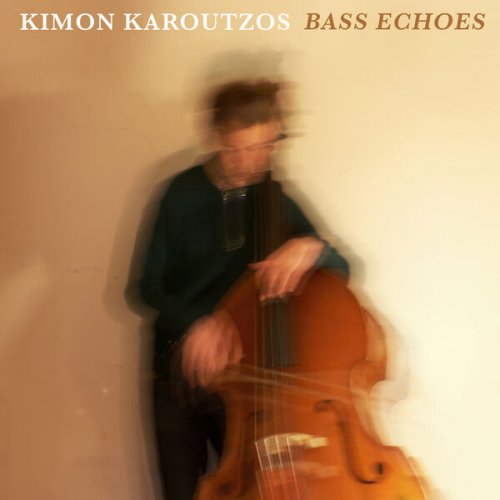Miroslav Vitous - Emergence (1986) CD-Rip
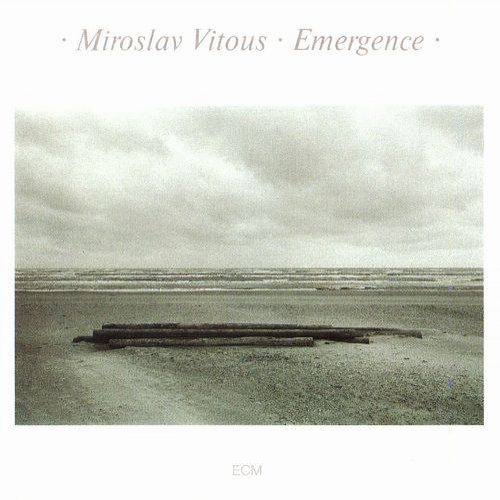
Artist: Miroslav Vitous
Title: Emergence
Year Of Release: 1986
Label: ECM
Genre: Jazz, Contemporary Jazz
Quality: FLAC (tracks+.cue,log,scans)
Total Time: 53:39
Total Size: 173 Mb
WebSite: Album Preview
Tracklist: Title: Emergence
Year Of Release: 1986
Label: ECM
Genre: Jazz, Contemporary Jazz
Quality: FLAC (tracks+.cue,log,scans)
Total Time: 53:39
Total Size: 173 Mb
WebSite: Album Preview
01. Epilogue (8:13)
02. Transformation (5:59)
03. Atlantis Suite - Emergence of Spirit (4:54)
04. Atlantis Suite - Matter and Spirit (1:57)
05. Atlantis Suite - The Choice (1:59)
06. Atlantis Suite - Destruction into Energy (3:06)
07. Wheel of Fortune (6:09)
08. Regards to Gershwin's Honeyman (3:28)
09. Alice in Wonderland (3:43)
10. Morning Lake forever (5:34)
11. Variations on Spanish Themes (8:38)
Miroslav Vitous - Bass
Although Miroslav Ladislav Vitouš has had varying levels of success in the post-Weather Report years as bandleader, we can hardly help but marvel at this gem of a solo recording. With nary an overdub in sight and more than enough heart to spare, the Czech bassist plots an orchestral sweep through his precisely (at)tuned skills. Like the caron that disappeared from the end of his name before going international, it is a valley of possibility, and he our shepherd through its gallery of songs and tales. All the more appropriate, then, that we begin with “Epilogue,” for it is a lasting look back at what is to follow. There is much to experience in this piece: a deep memory, intimations of a dance, the infused colors of a dream. Vitous carves from this chunk of maple the balsa-like delicacies of “Transformation.” There is indeed a metamorphosis in its lovely arco lines: from the internal to the external, from the thought to the spoken. Yet all of this is but a prelude to the four-part Atlantis Suite, of which the third movement (“The Choice”) is one of the most beautiful on the album. It flexes like a hand wafting smoke into our interpretive memories, and holds a flock of harmonics in its nets. From this, rays of light open into further transformations I can only liken to the shift from a voiceless to voiced consonant. Here, the mythical continent has not been torn asunder by inexplicable cataclysm. Rather, Vitous unravels its legacy in reverse, back to its golden age. “Wheel Of Fortune” similarly turns the passage of time into a visage of understanding, running through a field of prismatic colors into the abstract whirlwind-cum-groove that is “Regards To Gershwin’s Honeyman.” Vitous shows his sense of humor in the spirited “Alice In Wonderland,” which has something of the elusive rabbit’s mockery, then turns to subtler invigorations in “Morning Lake For Ever.” This is a fantasy in sound, a cleansing of the palate before a nod to Sketches of Spain ends the set in the rainbow of dramatic statements.
The skill of commanding attention with only a bass lies in the ability to treat the instrument as both a self-contained unit and as a seed for unheard things. Vitous accomplishes just such a dynamic. Never once does he sound like a backup instrument in want of a band. Whenever his fingers way to bow, there is nothing but openness in every action. As Vitous says in his dedication, this is “music with no boundaries.”
Emergence delights in the ways it blends registers, drawing upon a wealth of joys with just the right touches of melancholy and cerebral edginess. Such a well thought-out session cannot help but earn a rightful place alongside Dave Holland’s Emerald Tears as a classic in its field. The album is also superbly recorded, enhancing the instrument’s natural resonance by placing us in its very ribcage, as it were. It feels like walking through a dream, for in its confines perspectives change with such fluidity that one hardly notices them as the whims of a human touch. And perhaps they are the most natural of all, guiding us into a world of perception where evaluations such as this are but feathers on a dying bird.
The skill of commanding attention with only a bass lies in the ability to treat the instrument as both a self-contained unit and as a seed for unheard things. Vitous accomplishes just such a dynamic. Never once does he sound like a backup instrument in want of a band. Whenever his fingers way to bow, there is nothing but openness in every action. As Vitous says in his dedication, this is “music with no boundaries.”
Emergence delights in the ways it blends registers, drawing upon a wealth of joys with just the right touches of melancholy and cerebral edginess. Such a well thought-out session cannot help but earn a rightful place alongside Dave Holland’s Emerald Tears as a classic in its field. The album is also superbly recorded, enhancing the instrument’s natural resonance by placing us in its very ribcage, as it were. It feels like walking through a dream, for in its confines perspectives change with such fluidity that one hardly notices them as the whims of a human touch. And perhaps they are the most natural of all, guiding us into a world of perception where evaluations such as this are but feathers on a dying bird.
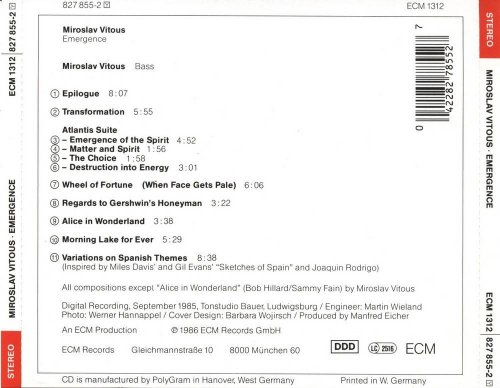
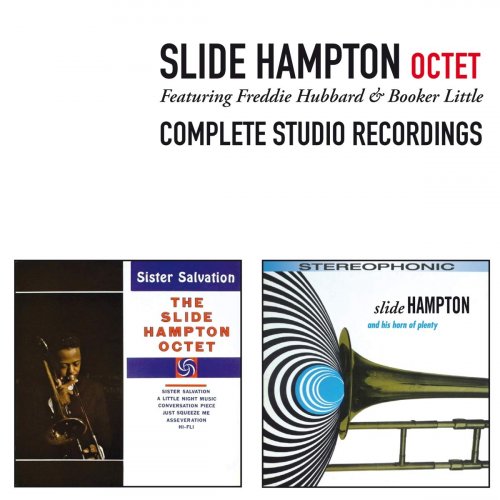
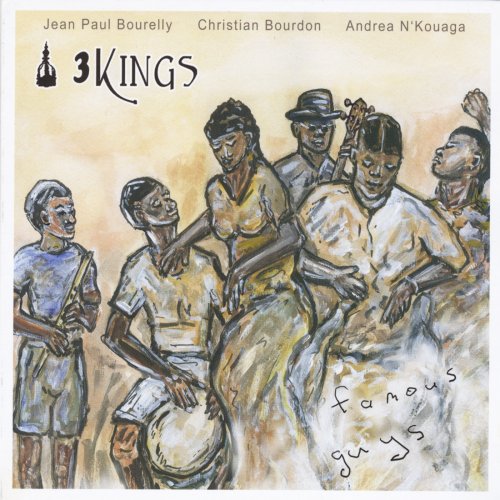


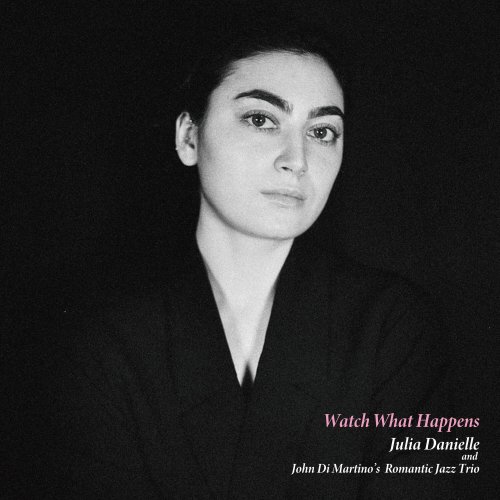
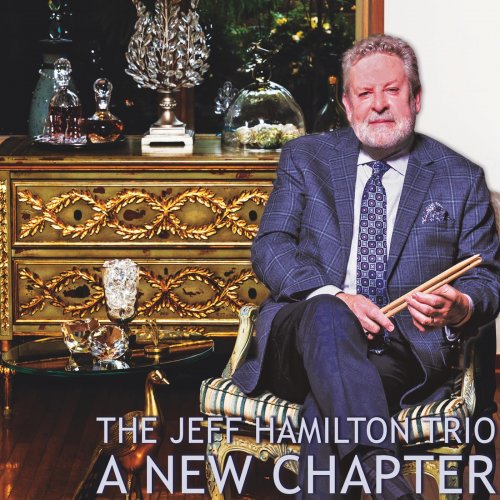
![K.D. Lang - Ingénue (25th Anniversary Edition) (1992/2017) [Hi-Res] K.D. Lang - Ingénue (25th Anniversary Edition) (1992/2017) [Hi-Res]](https://www.dibpic.com/uploads/posts/2026-02/1771149710_cover.png)
![When I Return - The Weight Of Bloom (2026) [Hi-Res] When I Return - The Weight Of Bloom (2026) [Hi-Res]](https://www.dibpic.com/uploads/posts/2026-02/1771391261_qn90r0j477aml_600.jpg)
